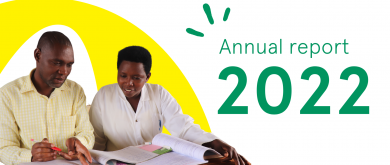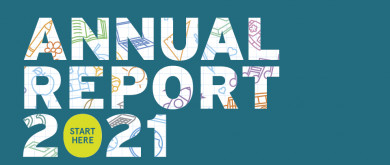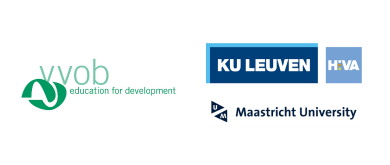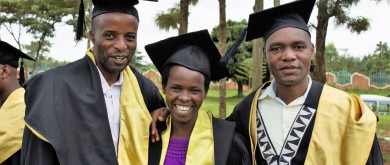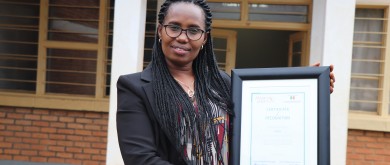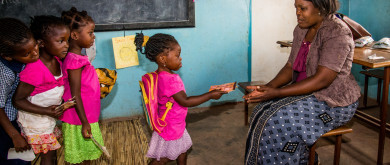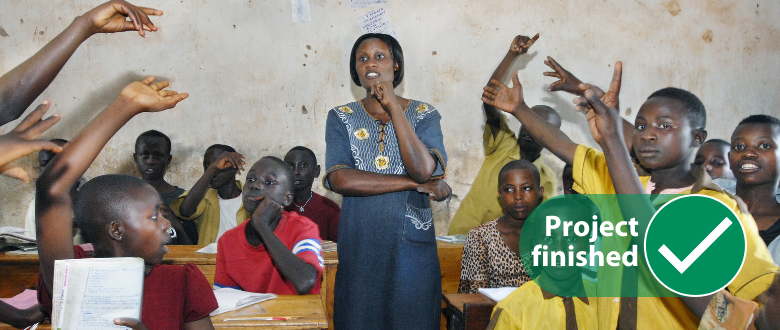
The large majority of pupils are in school in Rwanda. The challenge going forward is to target the hardest-to-reach. Cumulative dropout by the end of the last year of primary was 65 per cent in 2015 and the repetition rate was 12.50 per cent. In addition, learning outcomes are still very low. 37 per cent of primary school pupils do not achieve the learning objectives in reading, while 46 per cent in fourth grade do not achieve the objectives in mathematics.
To address these issues, it is critical to focus school leadership on improving the quality of primary education and to improve teacher professional development by strengthening the link between pre- and in-service teacher training, and by mentoring and monitoring newly qualified teachers.
The Mentorship and Supervision Programme develops, tests, and implements a system of mentoring of newly qualified teachers (NQTs) by mentor teachers. This is complemented by monitoring by trained tutors of the Teacher Training Colleges (TTCs). The combination of mentoring and monitoring will be catalytic in strengthening the link between pre- and in-service teacher training. Not only will NQTs be better prepared in their teacher profession, but the TTCs will also learn and engage with what happens in schools, and with the challenges NQTs face in their first year in service. As such they can in turn improve the initial teacher training in TTCs.
Teachers have the most direct impact on student well-being and learning outcomes. Ensuring that teachers have the competences and motivation to perform well is key to guaranteeing educational quality and equity. Given the high numbers of newly qualified teachers (NQTs) that join the teaching force every year, the project focuses on improved mentoring, monitoring and supervision of NQTs during their first year of primary education teaching.
To achieve this, VVOB and URCE:
- analyse the capacity needs of NQTs, mentor teachers in primary schools, and tutors at the Province’s teacher training colleges;
- design and develop a mentorship programme;
- train mentorship trainers, mentor teachers, and TTC tutors;
- and evaluate and study the developed mentorship programme.
As intermediate outcomes, mentoring of NQTs by mentor teachers will improve, as well as monitoring and supervision by TTC tutors. This will lead to improved teaching practices of mentor teachers and NQTs, and eventually to improved student learning outcomes – especially in numeracy for girls in primary education.
VVOB works in close collaboration with URCE to set up a robust experimental research, based on which teaching performance of NQTs in 93 primary schools will be compared:
- Teaching performance of NQTs who are mentored by mentor teachers but not monitored by TTC tutors during their first year of teaching.
- Teaching performance of NQTs who are mentored by mentor teachers and monitored by TTC tutors during their first year of teaching.
- Teaching performance of NQTs who are not mentored by mentor teachers and not monitored by TTC tutors during their first year of teaching.
To reach its goals, VVOB Rwanda develops the capacity of its education partners. VVOB uses capacity development trajectories that give partners maximal responsibility in the execution and management of their own change processes. This is done through technical assistance provided by the VVOB Rwanda team, which includes both local and international educational and change management experts.





